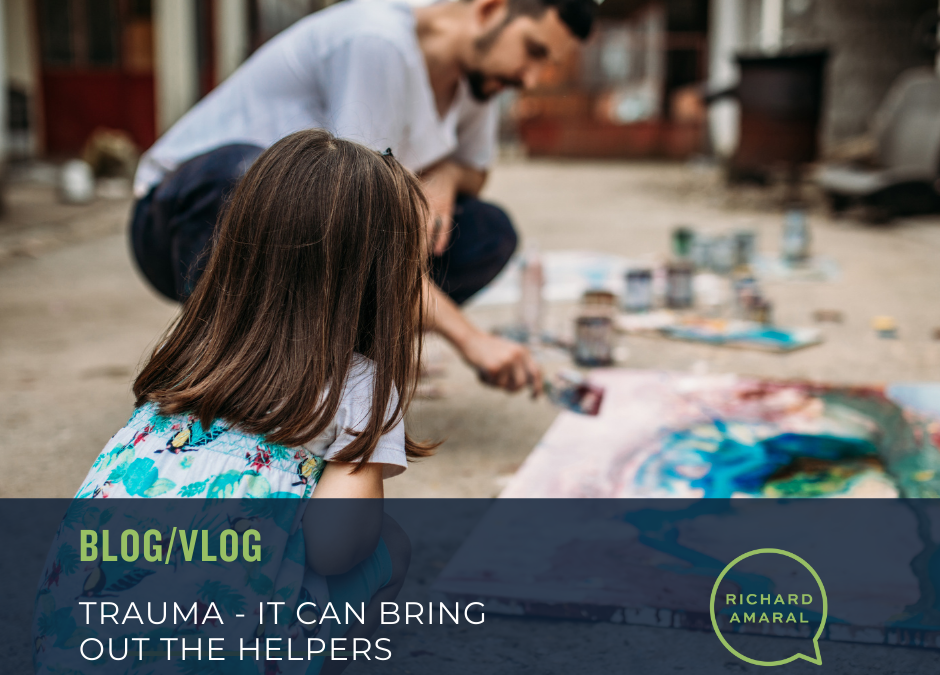Over the last couple of years, I’ve been finding the word ‘trauma’ in our social discourse more than I can remember.
I think there are several reasons for this.
Why We hear More About Trauma
First, living in Canada, I am regularly exposed to our neighbors’ political and cultural environment to the south.
The dramatic rise in homicides in the United States means there are a lot more traumatized families and communities than ever.
Second, the climate changes which have led to the sharp rise in natural disasters has devastated communities all over the world, leaving behind a trail of traumatized survivors.
Third, the murder of George Floyd in 2020 and then the discovery of unmarked graves of over 270 Indigenous children from residential schools all brought to life the racial trauma regularly experienced by people of color.
Fourth, COVID-19 has devastated individual lives, families, cities, countries, and economies. When you think of the number of lives lost, small business owners’ financial struggles, and the struggles of those impacted by the quarantine, it indeed has been a traumatic event for so many.
So, when you look at these different sources of trauma, you can see the reason for any increase in the frequency with which we hear the word.
Look for the Helpers
When I feel bombarded by the events of the day and find myself feeling discouraged and disheartened by humanity’s behavior, I often think of a story by Fred Rogers of Mr. Rogers’ neighborhood.
Rogers tells a story about what his mother told him whenever he witnessed something disturbing on television. She would say, “Fred, look for all the helpers. There are always people who are helping.”
You Can Balance Your Thinking Despite Trauma
If you want to have balanced thinking, you can’t just think about the events that create pain. You also need to acknowledge all the sources of help and hope.
It’s important to remember that wherever there is pain, there is also someone who is there to heal.
That’s what this week’s video is about.
I hope this tip helps with building hope and growth.
Richard

